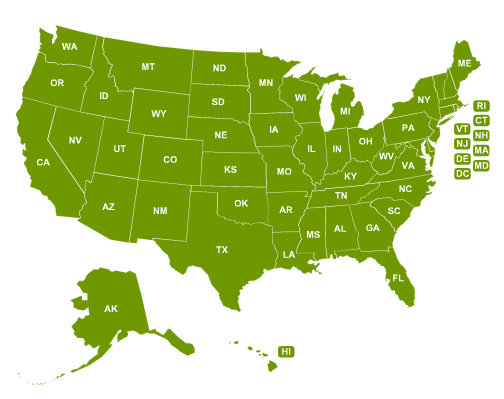Michael Phelps will likely find Maryland DUI offenders get unlimited slaps on the wrist
Michael Phelps has certainly earned the right to enjoy a few drinks – after all, Americans have shared his victory each time he won an Olympic medal (and he’s earned 22 of them). While he was likely binge drinking, he certainly did not make the responsible decision to find a ride home.
Instead, he chose to drive drunk.
Nobody earns the right to put the lives of other Americans in danger. Nobody wants to share the road with a drunk driver.
Phelps was arrested for a DUI earlier this week with a reported .14 BAC at the police station, which means it’s likely his BAC was even higher while he was behind the wheel. At this BAC, his vision would’ve been blurred, his speech would’ve been slurred, and his judgment severely impaired. It is widely known that this is the second time Phelps has been arrested for a DUI. His high BAC and his prior DUI arrest earn Phelps a new title: Hardcore Drunk Driver.
To put this problem into perspective, compared with drivers who have not consumed alcohol, drivers with BACs of .15 or above are 380 times more likely to be involved in a single-vehicle fatal crash than a non-drinking driver. In 2012, 70% of drivers involved in drunk driving fatalities had a BAC level of .15 or higher – a trend that has remained relatively unchanged for more than a decade. He is very fortunate he did not harm or kill himself or the drivers who shared the road with him late that night, but he came dangerously close.
While drunk driving fatalities have decreased over the past two decades, as the arrest/conviction numbers show, 25 percent of drunk drivers continue to drive drunk despite previous sanctions and consequences. Unfortunately, Phelps is an example of an offender who has failed to learn from his first offense, and his dangerous actions shine a spotlight on the need to do more to stop these drivers once and for all.
Phelps certainly misused alcohol on this particular occasion, but is he alcohol dependent? Certainly he needs to undergo an alcohol assessment to determine his risk of reoffending and his potential need for rehabilitation.
So what kind of punishment will Phelps face? In Maryland, first-time DUI offenders are given probation before judgment, which means their first offense does not remain on their record. Also, the law in Maryland doesn’t mandate interlock usage for first-time DUI offenders with BACs below .15, who have not had a previous DUI in the last five years.
So, in the eyes of Maryland’s criminal justice system, Phelps will be sentenced as a first offender for his second DUI.
Phelps’ punishment will likely consist of immediate license revocation. If convicted, he’ll also most likely have his license revoked for a longer period of time, be required to pay a fine of approximately $1,000, and face potential community service and some license reinstatement requirements.
While Phelps is absolutely responsible for his actions, this incident does bring attention to the fact that the state of Maryland, among other states, must do more to effectively reduce impaired driving recidivism. Maryland should take this opportunity to review the policy framework concerning drunk driving, educate all judges about the likelihood and clear danger of DUI recidivism, address the need for assessment and possible treatment of offenders, and enact and enforce mandatory ignition interlocks for all convicted DUI offenders.
We hope Maryland will focus on protecting its citizens instead of protecting the drunk drivers who pose a daily threat on the state’s roadways.
Want to know the DUI laws in your state? View our interactive map here.
Blog header photo courtesy: USA TODAY

